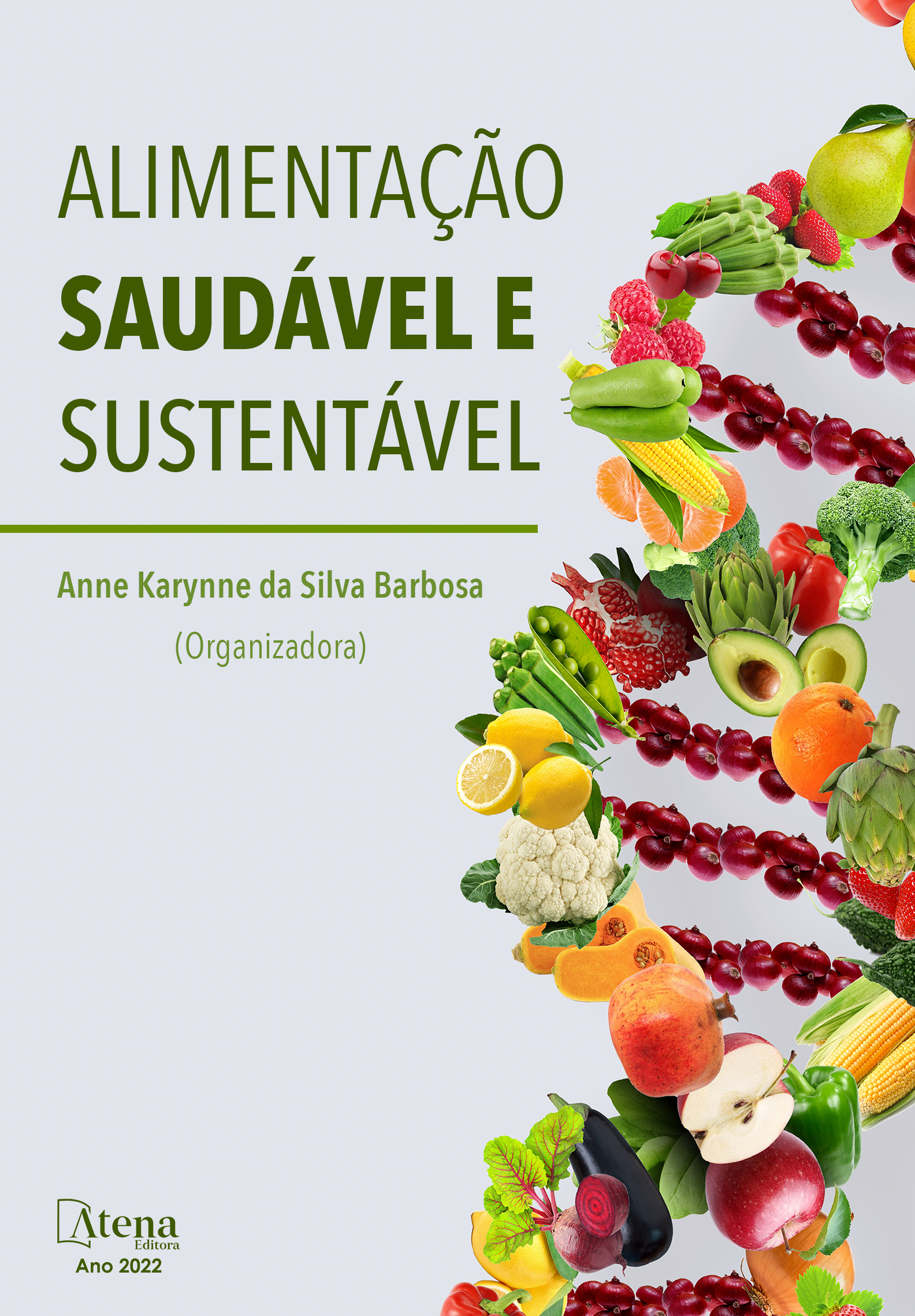
A IMPORTÂNCIA DA CAÇA COMO CULTURA E SUA SUSTENTABILIDADE AMBIENTAL – UM ESTUDO SOBRE A ALIMENTAÇÃO DA COMUNIDADE INDÍGENA POTIGUARA “MENDONÇA” DO AMARELÃO (JOÃO CÂMARA, RIO GRANDE DO NORTE)
A pesquisa mostra a cultura do povo indígena ‘Mendonça’ do Amarelão (João Câmara – Rio Grande do Norte) no âmbito da caça de animais silvestres. Foi usado a metodologia observacional e a metodologia histórica, buscando transcrever as falas dos próprios caçadores e seu pensamento. Uma pesquisa qualitativa que se considera uma relação dinâmica entre o mundo real e o sujeito, não se podendo traduzir a sua subjetividade em números. A pesquisa conta com um roteiro prévio focando as experiências caçadores. Como resultado, vimos uma significância forte entre ‘terra’ e ‘território’; há a questão legal da caça, hoje proibida no país; são retratadas armas, armadilhas e equipamentos utilizados para maior efetividade no abate dos animais e há a questão culinária na hora da preparação dos pratos, receitas, ingredientes para as carnes de caça. Com isso, leva-se a crer que a caça tem fundamental ligação com a gastronomia, pois é um rito, uma cultura que identifica um povo.
A IMPORTÂNCIA DA CAÇA COMO CULTURA E SUA SUSTENTABILIDADE AMBIENTAL – UM ESTUDO SOBRE A ALIMENTAÇÃO DA COMUNIDADE INDÍGENA POTIGUARA “MENDONÇA” DO AMARELÃO (JOÃO CÂMARA, RIO GRANDE DO NORTE)
-
DOI: 10.22533/at.ed.6292213043
-
Palavras-chave: Cultura Gastronomia Caça
-
Keywords: Gastronomy Hunting Culture
-
Abstract:
The research shows the culture of the indigenous people 'Mendonça' do Amarelão (João Câmara - Rio Grande do Norte) in the context of hunting wild animals. The observational methodology and the historical methodology were used, seeking to transcribe the speeches of the hunters themselves and their thinking. A qualitative research that considers a dynamic relationship between the real world and the subject, and its subjectivity cannot be translated into numbers. The research has a previous script focusing on hunters' experiences. As a result, we saw a strong significance between 'land' and 'territory'; there is the legal issue of hunting, which is currently prohibited in the country; weapons, traps and equipment used for greater effectiveness in the slaughter of animals are portrayed and there is the culinary issue when preparing dishes, recipes, ingredients for game meat. This leads to the belief that hunting has a fundamental connection with gastronomy, as it is a rite, a culture that identifies a people.
-
Número de páginas: 13
- Eveline de Alencar Costa
- LEANDRO FLAVIO RESTREPO FROTA


